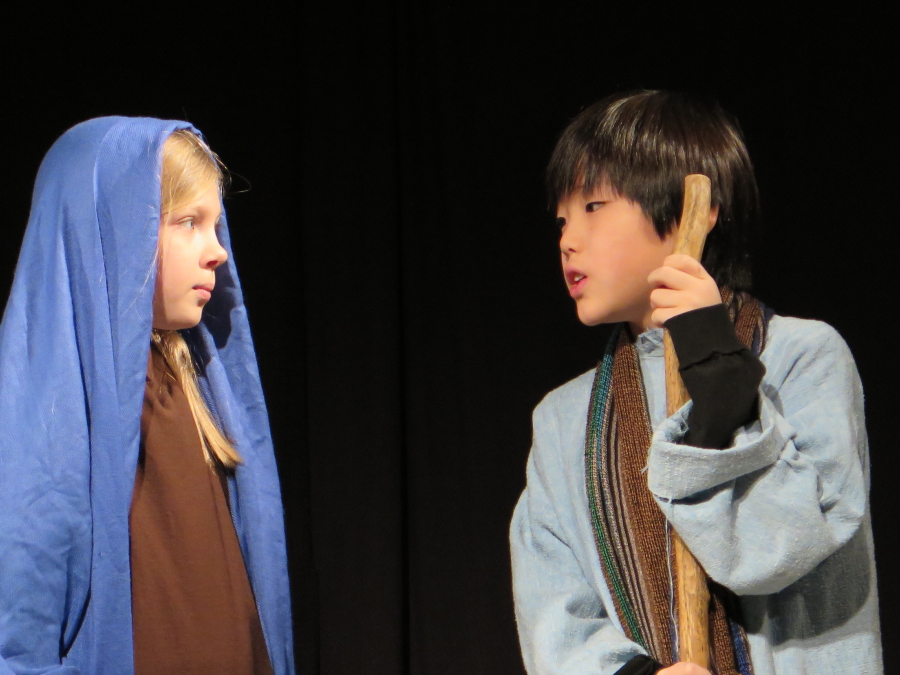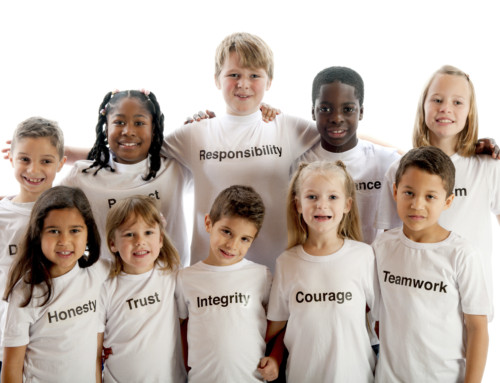Author: Joanna Levy, Director of Elementary Program
Essential? Come on! Really? Isn’t drama an extra, a nice add-on when you have the time? No! Drama is one of the most powerful tools available to an educator. Here are 5 reasons why:
1) Content- history, social studies, Bible stories, (even grammar!) will be internalized when taught through drama. The students “enter in” with their whole being and still know their lines from the play many years later. One of my favorite uses of drama is a grammar play I wrote called “The Queen of Nounia”. Each part of speech was played by a different student. The kids particularly loved when the Pronoun kept pushing the Queen aside – much to her indignation- because pronouns “take the place of a noun.”
2) Teamwork- an important 21st century skill. Drama requires an intricate working together of actors, stagehands, light crew, etc. There is an interdependence of cast and crew that is hard to replicate in any other school setting.
3) Character development- In order to be a good actor, the student has to dig into the thoughts and feelings and motives of the character. The actors get to “try on” different characters from the most noble to the deeply depraved. When combined with effective reflection assignments, this process lets the students see the consequences of the character’s actions. One eighth grader who had played the part of Queen Esther found herself in a very dangerous situation a few years later. She told how she kept repeating one of the lines of the play to give herself the courage she needed.
4) Bringing out gifts in students-some students may not be gifted academically but may be outstanding actors or stage managers. Drama gives students an opportunity to shine in ways the academic curriculum does not. This gives them greater confidence in other aspects of school life.
5) Kids take ownership- when the students are also the stage managers, stagehands, lighting crew, and prompter, the entire performance belongs to them. I have seen students as young as first and second grade be responsible for every aspect of the performance once the show begins. Will they make mistakes? You bet! And those mistakes are what they will remember because they found ways to cover them so that the audience never knew anything was amiss.
The main challenge I’ve found in making drama an essential part of our school is that there aren’t that many good scripts for elementary students. So, we write our own. But that’s another story!






